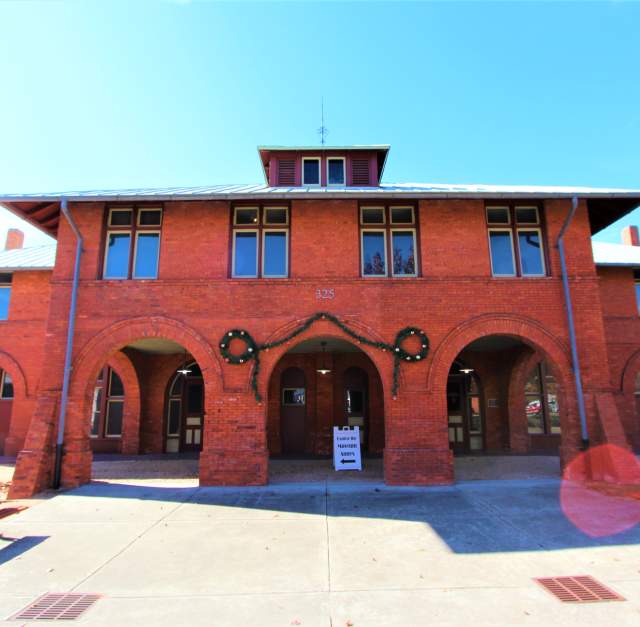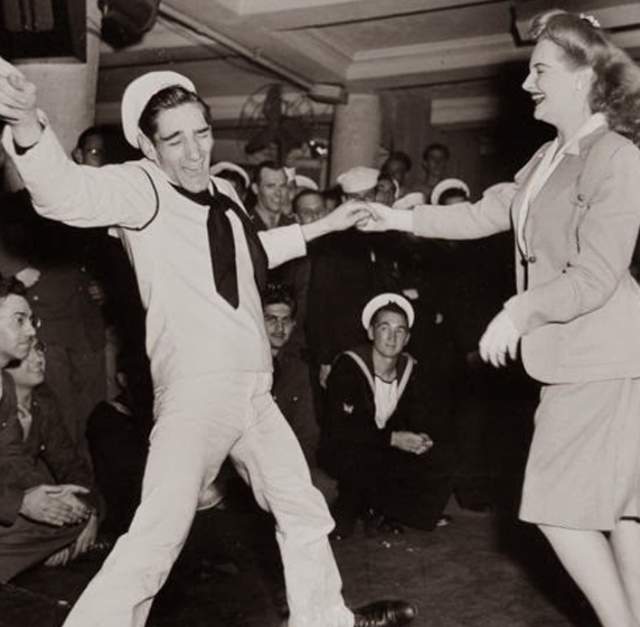![]() The Fayetteville area answered another call to duty during the Civil War. Nearly one-third of all the county’s white men served as Confederates. Slaves from the area were drafted by the Confederacy to do support work while their owners were compensated. Union troops pillaged the houses of local residents. Women volunteers assisted physicians in caring for the sick and wounded in local hospitals as well as provided support services at the Arsenal. The entire state of North Carolina began to prepare for the Civil War when President Lincoln called on this area to provide troops to suppress the other southern states. In response to this request, North Carolina formally seceded from the Union on May 20, 1861. Prior to the Civil War, the Fayetteville area already had in place several volunteer militias, including the Fayetteville Independent Light Infantry. As one of the first Confederate military moves in North Carolina, the Fayetteville Arsenal was taken without a shot fired by North Carolina troops on April 22, 1861. At the time of take over, the Arsenal contained a number of munitions used by the Confederacy.
The Fayetteville area answered another call to duty during the Civil War. Nearly one-third of all the county’s white men served as Confederates. Slaves from the area were drafted by the Confederacy to do support work while their owners were compensated. Union troops pillaged the houses of local residents. Women volunteers assisted physicians in caring for the sick and wounded in local hospitals as well as provided support services at the Arsenal. The entire state of North Carolina began to prepare for the Civil War when President Lincoln called on this area to provide troops to suppress the other southern states. In response to this request, North Carolina formally seceded from the Union on May 20, 1861. Prior to the Civil War, the Fayetteville area already had in place several volunteer militias, including the Fayetteville Independent Light Infantry. As one of the first Confederate military moves in North Carolina, the Fayetteville Arsenal was taken without a shot fired by North Carolina troops on April 22, 1861. At the time of take over, the Arsenal contained a number of munitions used by the Confederacy.
On March 10, 1865, Confederate cavalry attacked a large Union encampment later known as the Battle of Monroe's Crossroads. This was part of the infamous Union General Sherman’s Army March to the Sea. At the Battle of Monroe's Crossroads, Confederate cavalry initially claimed victory until the Union Army retaliated and recaptured the camp. Many of the dead from both sides still remain on the battlefield, buried in mass graves or are buried in Long Street Church Cemetery located on Fort Bragg. Sherman arrived in Fayetteville on March 11, 1865. The same day a shooting took place around the Market House between Confederate General Wade Hampton, members of his staff, and a Union cavalry patrol. After the brief skirmish, Hampton fled, crossing the Clarendon Bridge over the Cape Fear River, which was later burned. That night, the main body of Sherman’s troops marched in to Fayetteville, and the mayor formally surrendered the town. Sherman’s troops were everywhere. While in Fayetteville, Union forces burned several important structures, including textile mills and The Fayetteville Observer. Confederate forces had already burned stockpiles of cotton and naval stores to deny the Union enemy the spoils of war. Headquartered in Fayetteville for three days, Sherman gave orders for the Arsenal to be razed when he left on March 14, 1865; he wanted to destroy the last source of military arms for the Confederacy.
The area was physically and economically devastated by these actions. The Battle of Averasboro took place on March 15-16, 1865, between the 30,000 men of General Sherman’s Left Wing and Confederate General Hardee’s 8,000 men. The outnumbered and outgunned Confederates delayed Sherman’s advance from Fayetteville toward Averasboro and Goldsboro, allowing a Confederate consolidation at Bentonville for a major offensive against the Union Army. After holding the Union forces for two days at Averasboro, the Confederates withdrew to Bentonville.
After the war, stones from the ruins of the Fayetteville Arsenal were used in rebuilding a number of new Post-Civil War structures. The foundation of the Arsenal remains and can be seen at the Museum of the Cape Fear.
Sites of interest on this trail may be classified in one of three ways: Open to the Public - The site is open to the public for a visit during its operating hours. By Appointment Only - The site is available to visitors anytime by viewing it from the exterior or by calling ahead and making an appointment with its administrators for the site to be opened during your visit. Exterior View Only - The site may only be viewed from the exterior for a visit.
Click here for turn-by-turn instructions.
You Might Also Like
African-Americans on the River
A new exhibit, African-Americans on the River, opens Tuesday at the Fayetteville History Museum…
OPENING THE VAULTS: Treasures of the Fort Liberty Museums
The U.S. Army Airborne and Special Operations Museum (ASOM) will open on March 14, 2024, its new…
Child Abuse Prevention Month Resource Fair
This is a community resource fair at Fort Liberty military base installation. The purpose of this…
Healthy Kids Day
Healthy Kids Day is a national initiative focused on improving the health and well-being of kids and…
Historical Summer Sewing Workshop: 1940s Time to Dance
Join us for our Summer Sewing Workshop to create a Boogie Woogie Beautiful 1940s Dance Dress! And…






